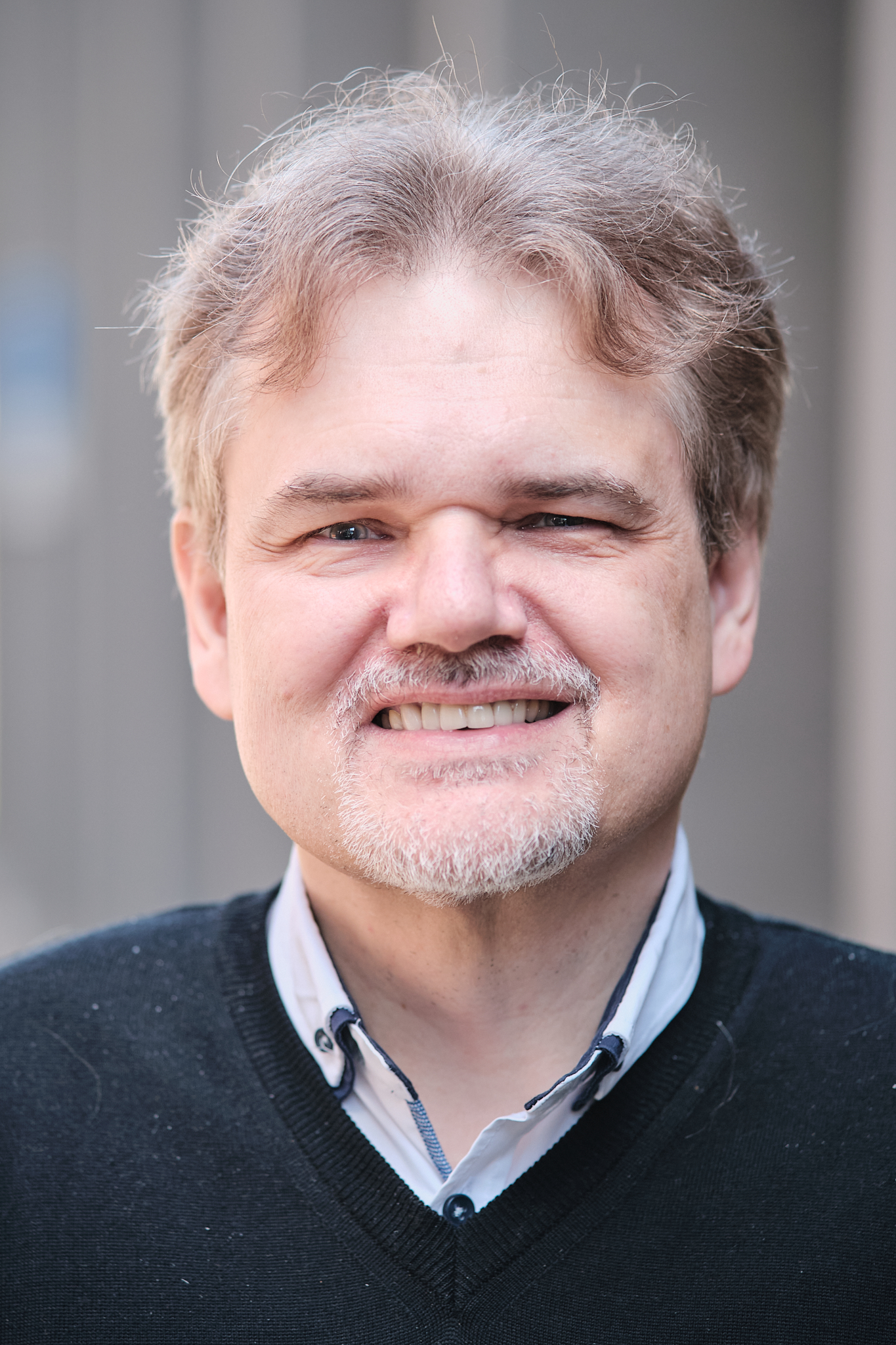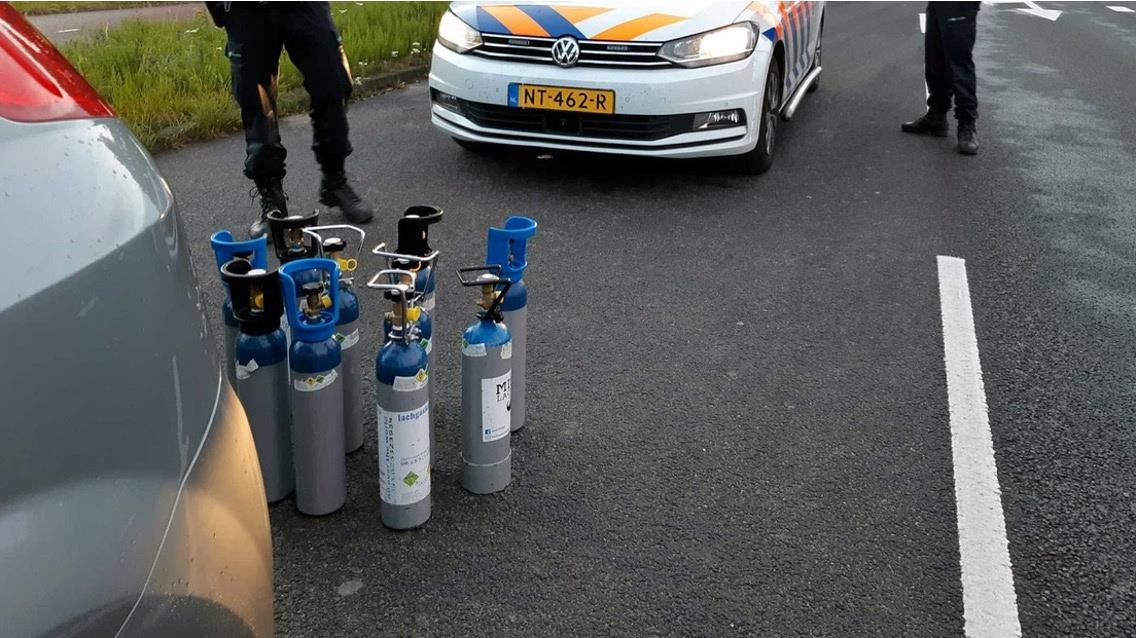On dyslexia, prejudice and friendship
One misconception that Milene Bonte and Giada Guerra want to dispel at the very start of this interview is the idea that people with dyslexia are less intelligent than others. The learning disorder is nonetheless a serious problem, affecting an estimated 5 to 10 percent of primary school children.
Dyslexia has nothing to do with laziness or a lack of intelligence, say Professor Milene Bonte and her PhD candidate Giada Guerra. “People who have problems with reading take as it were a different road, neurologically speaking, than people without reading problems. Reading is a complex affair for the brain in any case—it’s a small miracle that it usually goes as smoothly as it does. People with dyslexia have a developmental disability that affects how areas of the brain involved in language processing develop. Reading processes are automated in their brains in a different way than in people without dyslexia.”
Given that up to 10 percent of children worldwide suffer from dyslexia, a deeper understanding of the causes and the development of new teaching methods is essential. Through early diagnosis, preventive training and, above all, more research, progress is within reach.
Rocky road
Guerra recently defended her dissertation on the contribution of auditory attention to the reading processes of school-age children with and without dyslexia. During the project, she and Bonte also became friends. Together they look back on an intriguing few years in terms of the science, as well as a learning process from a human point of view.
“The road was sometimes rocky,” Bonte smiles. “Giada commuted between Maastricht, her hometown of Treviso, the Dyslexia Institute in Amsterdam, and London, the joint ‘home base’ of all five PhD candidates in the European Interlearn project. And then there was the pandemic. There were times when she struggled.” Guerra laughs: “But thanks to Milene’s support and maternal feelings, I found my way out of those dips.”
Genes
The day after defending her PhD, Guerra appears well-rested and relaxed. “That’s how I feel too. I always feel good in Maastricht. The city was like an anchor point for me. It doesn’t surprise me that UM has a good reputation worldwide; I felt like a fish in academic water here.”
In Italy, Guerra stumbled across dyslexia almost by chance. “No one in my family has it, but I gradually became interested in the subject. It touches on various interesting fields, such as psychology and pedagogy. I also found the genetic aspects fascinating: you have a 40 to 50 percent chance of developing dyslexia if one of your parents or siblings has it. There were still a lot of mysteries surrounding dyslexia, and that was exactly what I found so exciting. It’s a complex topic."
- Text continues below the photo -
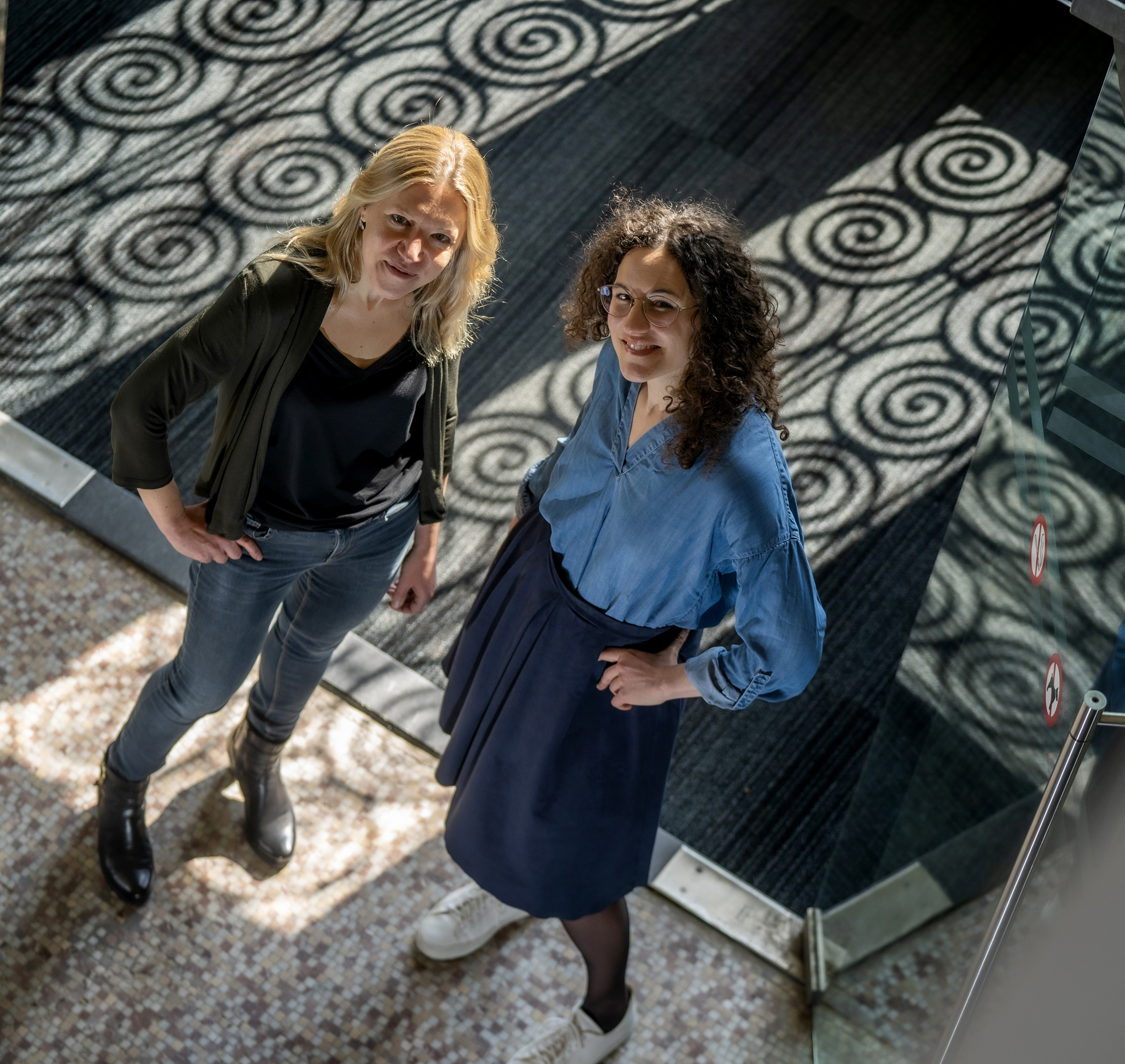
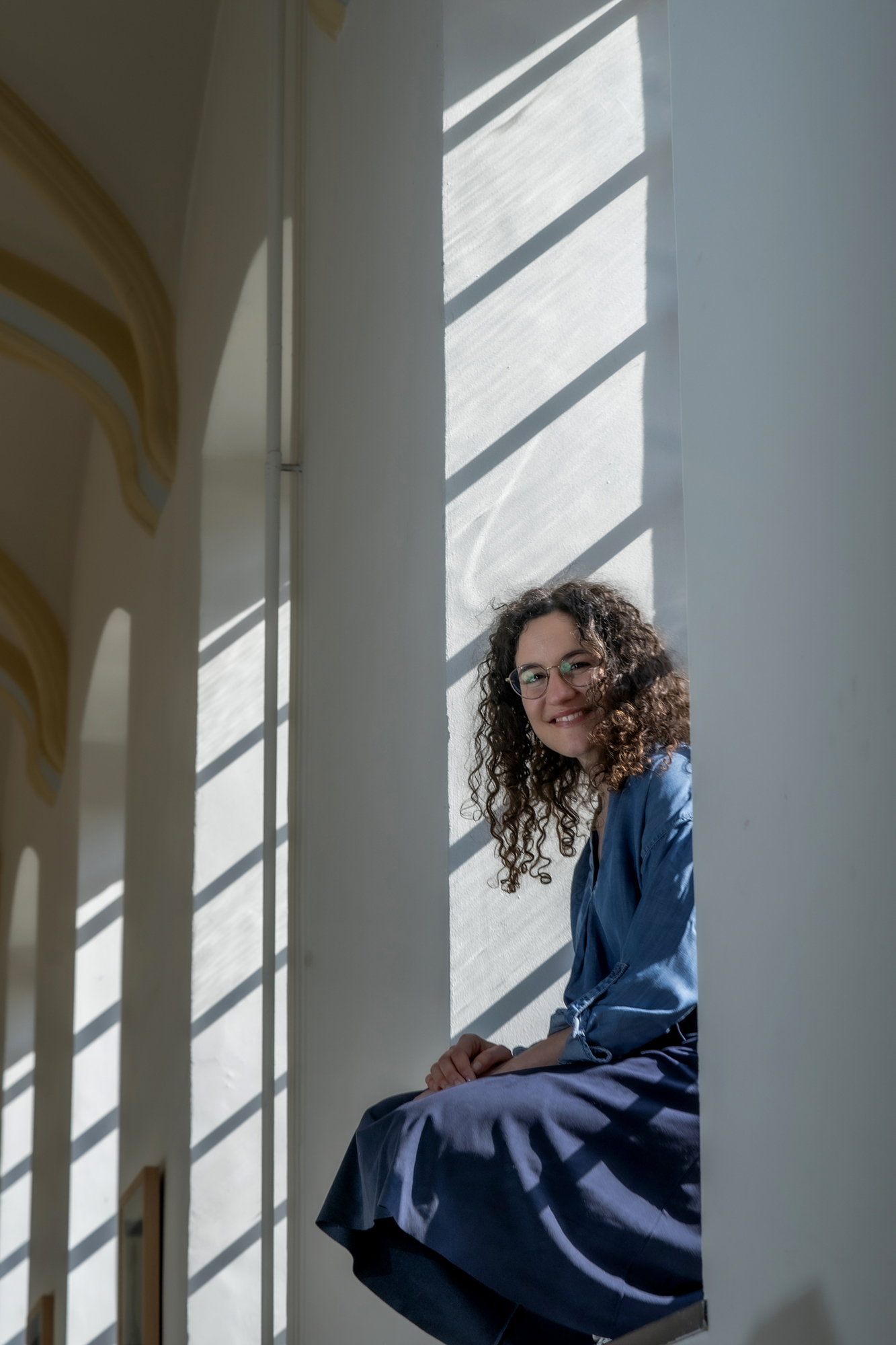
Giada Guerra recently defended her dissertation at Maastricht University on the role of auditory attention in children’s reading skills. She conducted her research at Birkbeck University of London, Maastricht University and the Regional Institute for Dyslexia (RID) as part of the European Marie Curie programme INTERLEARN. She previously studied Clinical Psychology at the University of Padua (Italy).
Prejudice
Bonte is an authority on cognitive-neuroscientific research into language development and literacy in children. “I’ve been interested in brain research on language development since the 1990s. I’m fascinated by the plasticity of the brain and how it differs from one person to the next. This kind of research is not only socially relevant; it’s also vital if we’re to do away with the prejudices people with dyslexia face. It doesn’t mean they’re less intelligent than others, nor is it an insurmountable condition. People with dyslexia just process words differently.”
Certain risk factors influence the development of dyslexia, both scientists agree. “Genes play a role, but so does whether a teacher notices the reading problem in time and refers the child to a to dyslexia expert. The sooner dyslexia is detected, the easier it is to address,” says Guerra. “It’s also important whether a child is often read to. That helps them to develop expression and vocabulary skills. Attention and sound play an important role in the neurological processing of words. There’s also a correlation between dyslexia and ADHD, which is currently being investigated.”
Extra mile
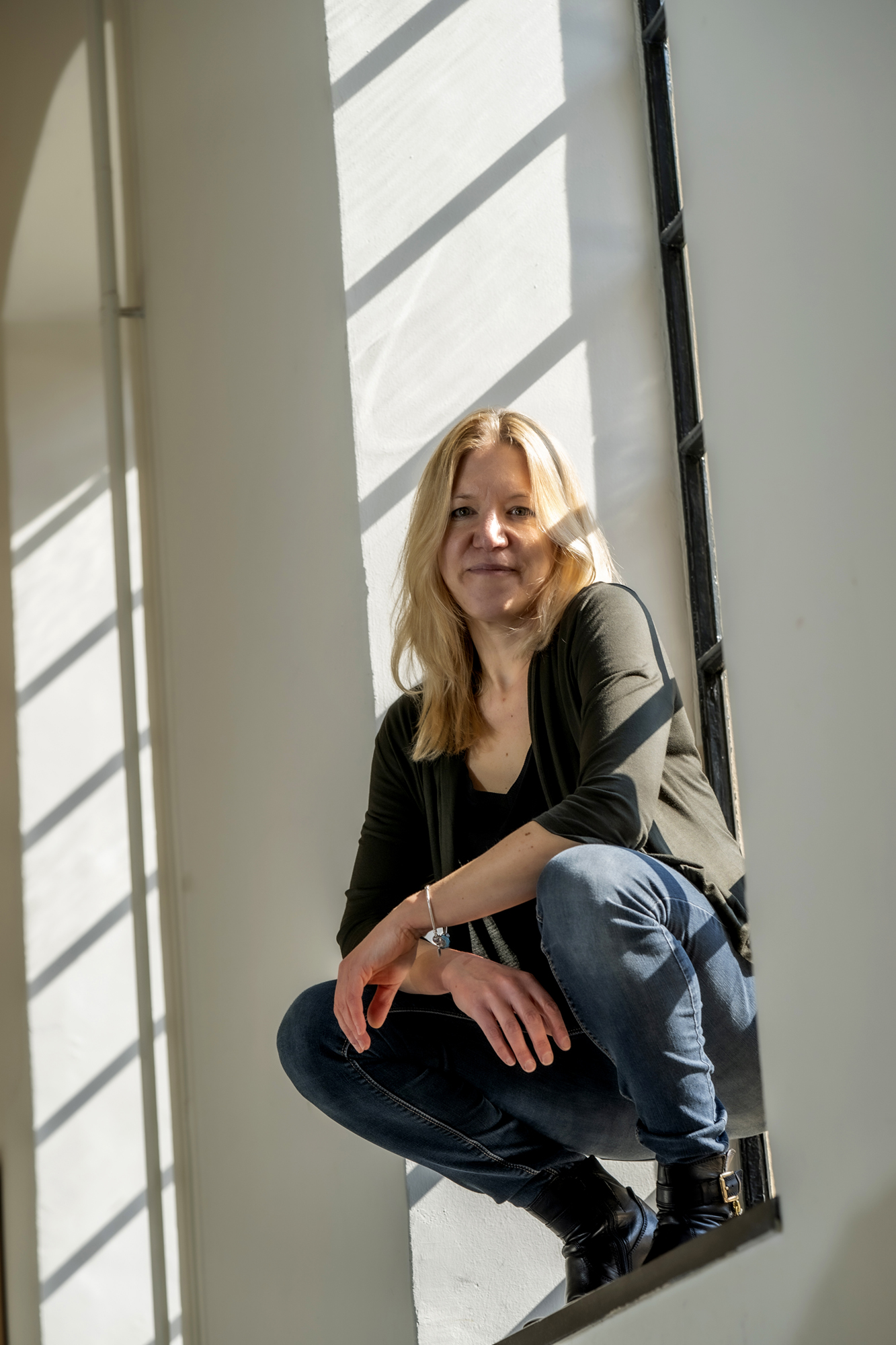
Bonte praises Guerra for the path she has travelled. “She definitely went the extra mile. Her research involved a lot of logistics. She collected empirical data from children between the ages of 7 and 12 in partnership between various universities and the Dyslexia Institute in Amsterdam. She worked very hard over the past three and a half years.”
Both agree on the need for further research. Dyslexia can have a major impact on a personal level and even lead to social isolation. At the same time, both look back on a fascinating journey. “I’m grateful Milene was always there for me,” Guerra says. “Particularly during those moments when I couldn’t take it anymore, when the panic hit, she managed to keep me on track emotionally. She calmed me down, took my stress away and always stayed positive. We’d go out, cook together and take bike rides.”
Close friendship
“It was an interesting and instructive process for me, too,” says Bonte. “You’re so closely connected that a friendship develops that transcends academic collaboration. We’ll definitely keep in touch. It’s not only the academic side of things that we have in common.”
Text: Ludo Diels
Photography: Harry Heuts
Also read
-
FPN’s prof. dr. Rainer Goebel has been awarded an ERC Advanced Grant of € 2,5M for his research project Reading the Mind’s Eye: AI inspired personalised brain models of mental imagery. Goebel is among 255 researchers (out of 1829 applications in all domains) in Europe to receive the grant, and he is...
-
When nitrous oxide (laughing gas) is used recreationally, its presence remains detectable in the breath and bloodstream for at least 60 minutes after inhalation, and the development of an instrument to measure it is technically feasible. These were among the findings of a study at Maastricht...
-
What happens in the brain of someone with a psychiatric disorder? Eleonora Broggi, an alumna of the bachelor Biomedical Sciences at Maastricht University, is investigating brain patterns in people with autism spectrum disorder at King’s College London. Read how Eleonora uses Biomedical Sciences for...
